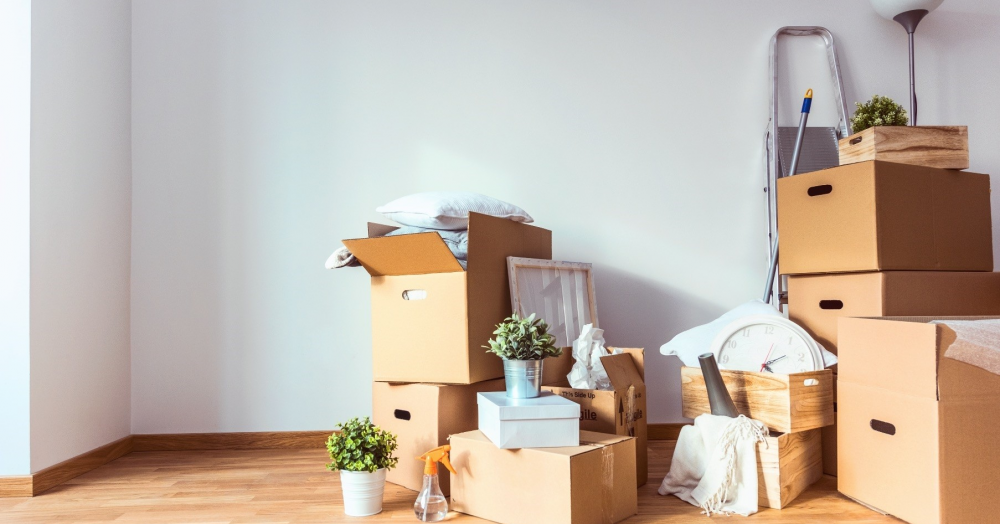Rishi Sunak has announced a stamp duty holiday in his summer statement. How will this affect you?
The chancellor, Rishi Sunak, has announced there will be no stamp duty to pay on property purchases up to £500,000. At the moment, the threshold where you start paying stamp duty in England is £125,000, or £300,000 for first-time buyers (if buying a property worth less than £500,000).
But Chancellor Rishi Sunak has announced that this will be temporarily raised to £500,000 from today (Wednesday 8th July) until 31st March 2021 as part of his economic statement delivered today.
The Treasury says nine out of 10 people getting on or moving up the property ladder (or downsizing) this year will pay no stamp duty as a result.
As part of his statement, the Chancellor also announced that the Government will offer 50% off discounts on eating out in August, and vouchers of up to £5,000 for homeowners to make energy-efficiency improvements.
What is stamp duty and how much does it cost?
Stamp duty land tax is a lump-sum tax that anyone buying a property or land costing more than a set amount has to pay.
The rate you'll pay varies based on the property price and type. Under the current system in England, if you're buying a property as your main residence you'll pay:
· Nothing on properties purchased for up to £125,000
· 2% on the portion of a property between £125,001 and £250,000
· 5% on the portion between £250,001 and £925,000
· 10% on the portion between £925,001 and £1,500,000
· 12% on the portion costing more than £1,500,001
If you're a first-time buyer buying a property for up to £500,000, you already don't pay stamp duty on the first £300,000 and pay 5% on any portion between £300,001 and £500,000 (if your property's worth more, the normal rules apply).
But for now, no one will pay stamp duty when buying a main home worth up to £500,000.
For properties costing more than £500,000, the stamp duty bands are unchanged - so if you bought a £600,000 property for example, you'd pay £5,000 stamp duty (5% of the £100,000 above the threshold).
The 3% levy paid if you already own a home and are buying an additional property worth more than £40,000 still applies (though you'll still pay less than you would due to the raised threshold – so investors WILL benefit from this!).
How much will buyers save?
How much a buyer could save under the temporary measure will depend on how much the property costs – as a general rule, the more expensive the property, the more you'll save (up to the maximum of £500,000).
For example, if you buy a property for £400,000 in England and you're not a first-time buyer, you would usually pay £10,000 (made up of £2,500 on the portion between £125,001 and £250,000, and £7,500 on the portion between £250,001 and £400,000).
But for now, you'd pay no stamp duty on the property at all – saving you £10,000.
The Chancellor has said the average saving will be £4,500.
What if I've exchanged but not completed?
The requirement to pay stamp duty is triggered when you complete the purchase of the property. So if you've exchanged prior to 8th July but not completed, you'll benefit from the increased thresholds.
More information on the stamp duty holiday can be found on the government’s website
HERE.
If you’re not sure how this could affect you, or you’d like to take advantage of this fantastic news, please get in touch and we’d be happy to help you save money!

